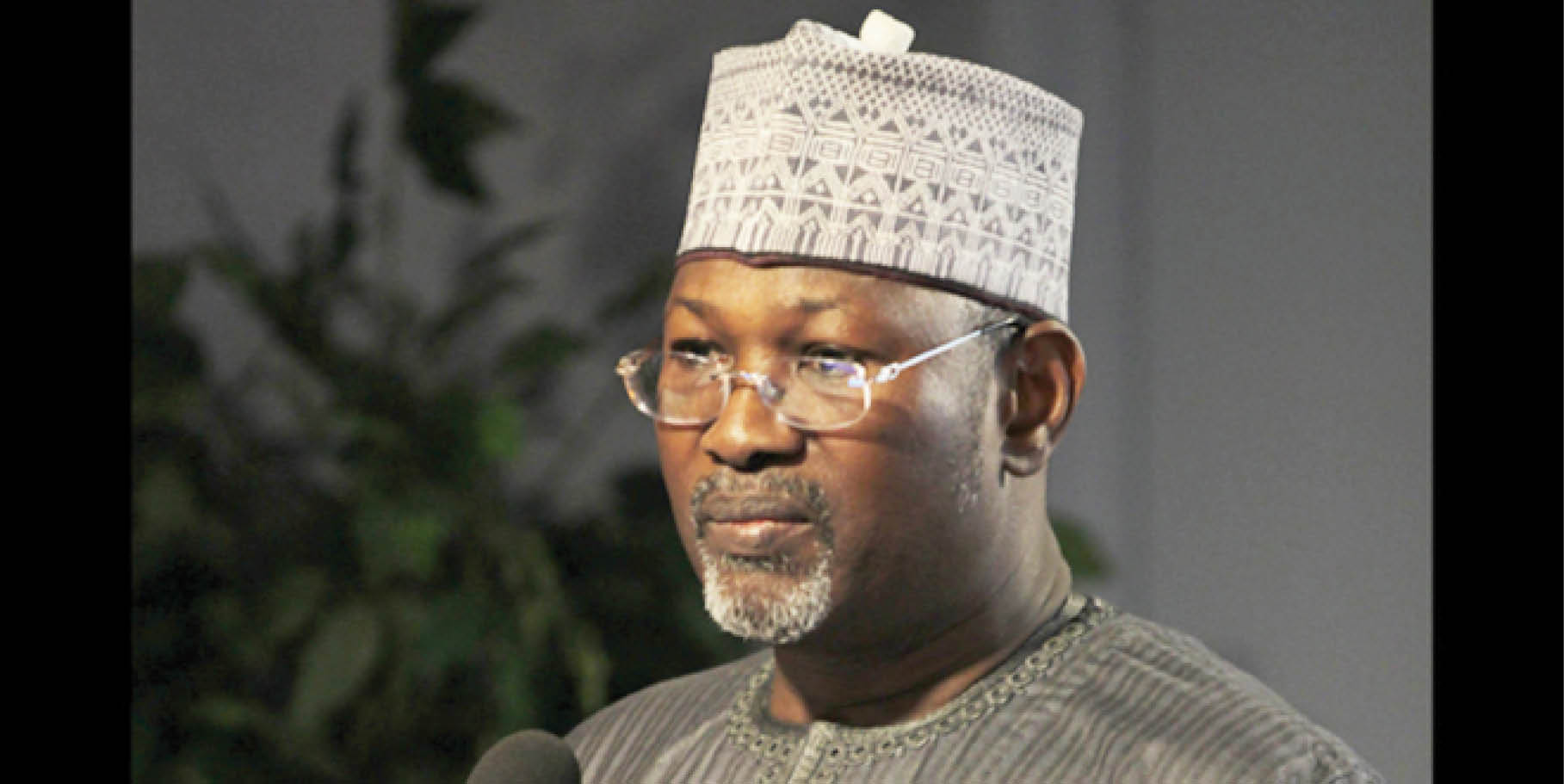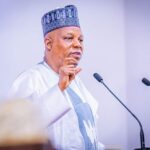Introduction
I appreciate the honour done to me by the organizers of this conference when they requested me to deliver this year’s keynote address. I am glad to do so. I must also commend them for choosing an apt topic for discussion in the current Nigerian context where citizens’ concerns and even dissatisfaction with some essential aspects of Nigerian governance have led to disenchantment and even protests with in many cases violent outcomes. As has happened in many countries, we need to interrogate the concepts of governance, bad governance, good governance, and what I call good democratic governance, as well as the practical implications of these in the ways and manners by which societies have used the governance processes to create wealth, enable their nations’ economies to grow, satisfy the needs and aspirations of their citizens.
Governance is a central feature, indeed, the essential pillar and pivot of all modern nation states. These states are complex organizations, which require processes, structures and institutions through which authority is exercised and decisions taken to manage the common affairs of citizens within the jurisdictional sphere of each of the state. Governance is the mechanism through which peaceful coexistence and harmonious relations could be engendered, common aspirations as well as challenges could be addressed; prosperity and wealth could be created and distributed; and the common basic needs and aspirations of citizens could be provided, protected and defended.
Governance, in the context of a modern nation state, can be good or bad. It can be democratic, or it can be authoritarian. Good governance is arguably the most desirable objective for and in all nations worldwide. If it is bad, citizens strive to make it good. If it is good, they try to make it better. Indeed, good governance could be made even much better if it is democratic, hence the suggested even more desirable “good democratic governance”.
Indeed, in countries under liberal democratic framework, democratic development circumscribed by good governance is a precondition for socioeconomic development. Serious attention needs to be paid to it, especially in post-colonial countries or newly democratizing countries, such as Nigeria, which face many serious challenges, with constant threat of reversal to authoritarian rule. The experience of post-independence Africa in general, and that of Nigeria in particular has shown that democracy is central to the quest for development and political stability (Ibeanu & Egwu, 2007:16). In other words, the strength of good governance lies in the fact that it promotes certain political factors especially democracy, the rule of law, and human rights on the ground that markets and government will only remain efficient and effective in delivery of goods and services to citizens if they are held to account by the voters and the general public.
In present-day Nigeria, given what can aptly be termed as crisis of governance at all levels, the processes, structures and institutions of governance are essentially weak, or have virtually collapsed, with regrettable consequences on desirable economic growth and socioeconomic development. For example, over the years, the legitimacy of the state has been vigorously contested on grounds of its inefficiency and lack of competence, capacity and effectiveness in securing citizens’ lives and properties, and especially failure to protect and defend their fundamental rights, and to meet their needs and aspirations. Consequently, citizens are, on their part, are becoming indifferent to political participation and constructive engagement in the governance processes, even losing hope in democratization and governance processes, which is even more worrisome.
As colonially created African nation-states, countries such as Nigeria have as desirable objectives both democratic development, nation building and socioeconomic development; and have tried to pursue these. But, the evident inadequacies of governance and its weaknesses in forging an overarching national identity, amidst a multiplicity of primordial identities, have been obstructive of stable economic growth and socioeconomic as development. As virtually all major global indices, such as UNDP’s Human Development Index; Economist Democracy Index; Mo Ibrahim’s African Governance Index; Transparency International’s Corruption Perception Index; and Electoral Integrity Project’s Electoral Integrity Perception Index show, post-colonial African countries in particular, and other Third World post-colonial countries generally, rank very low in comparative and relative terms (Jega, 2018).
Therefore, it is apt and timely to engage in discussions, which prioritize not only good governance, but especially good democratic governance, as a catalyst for economic recovery, growth and development.
The presentation is structured into 4 sections. First, is conceptual clarification, in which I reviewed conceptualizations of good governance and good democratic governance, as well as, economic growth and development. Second is an abridged discussion of the current Nigerian economic crisis, with its impact and consequences. Third, is an exposition on why and how good democratic governance is the catalyst, indeed the panacea, for addressing the socioeconomic crisis which has currently engulfed Nigeria. Fourth is the conclusion.
Conceptualising good governance
Governance is often confused with government. But, as Heywood has noted, governance is a broader term than government, in the sense that it “… refers, in its widest sense, to the various ways through which social life is coordinated [in a given polity]. Government can therefore be seen as one of the organizations involved in governance…” (2015: 84). In this sense, government is the organizational platform of governance in the public sector, as ‘market’ is the organizational platform of governance in the private/economic sphere, and ‘networks’ are the organizational frameworks for governance in the civil society sector. In the public sector, governance is a form of public management, which involves “rowing” (administration or service delivery), or more recently, “steering” (setting targets and strategic objectives) in addressing the welfare and wellbeing of citizens. In this context, to ‘govern’, “is to rule or exercise control [over] others” and to preside over and coordinate the traditional government organization, the bureaucracy, through ‘top-down’ authority systems (Heywood, 2015: 85).
Governance in the context of a modern nation-state is first and foremost about providing for the fundamental needs and aspirations of citizens, through governmental institutions and processes, steered, driven and guided by chosen representatives of the people through competitive elections, which are free, fair and credible. Amongst what can be termed as the fundamental needs and aspirations of citizens in any country are: food, shelter, health, education, rights, wellbeing and human security, which is indeed paramount (Jega, 2021a).
Now it is significant to note that, the contemporary notion of “good governance” came to prominence and actually evolved with the failure of structural adjustment programmes (SAPs) to catalyze economic growth and development in the so-called developing countries, in the period of the economic crisis, which especially bedevilled third world countries in the 1980s. It was promoted by the Bretton Woods institutions (IMF/World Bank, with the support of major western capitalist countries, and as a substitute replacement for the ‘Washington Consensus’ in the 1990s. Hence, panacea was seen as ‘good governance’, which can remove distortions in the public sector and restore functionality of institutions. Thus, ‘good governance’ became the framework within which to introduce market mechanisms into the public sector governance processes.
However, I argue that it is better to conceptualize good governance in the traditional sense of distinguishing ‘good’ from ‘bad’ and from the point of view that, the nature and extent of societal transformation, positively or negatively, is conditional on whether a modern nation state is characterised by ‘good’ or ‘bad’ governance.
Hence, good governance should not merely be perceived as addressing the imperfections of governance by introducing mechanisms and processes of “market efficiency” into the public governance sphere. Rather, good governance should be conceptualised and viewed in the context of the extent to which public sector governance is driven by elected representatives/public officials/public office holders who are selfless, visionary, and who are responsible and responsive to the needs and aspirations of those who elected them; those whom they represent. Such officeholders operate within the constitutional and legal framework, lead by example, and ensure that policies are planned, designed and implemented for the benefit of all, without discrimination, inequality and inequity. They harness societal resources to efficiently and effectively address the fundamental needs and aspirations of all citizens. In any case, good governance should be viewed to mean to mean the absence of bad governance, in which elected public officials pursue selfish interests using structures, institutions and processes of governance, and privatize public resources for personal gains rather than for addressing the fundamental needs and aspirations of citizens with regards to addressing challenges to human security and development.

 Join Daily Trust WhatsApp Community For Quick Access To News and Happenings Around You.
Join Daily Trust WhatsApp Community For Quick Access To News and Happenings Around You.


